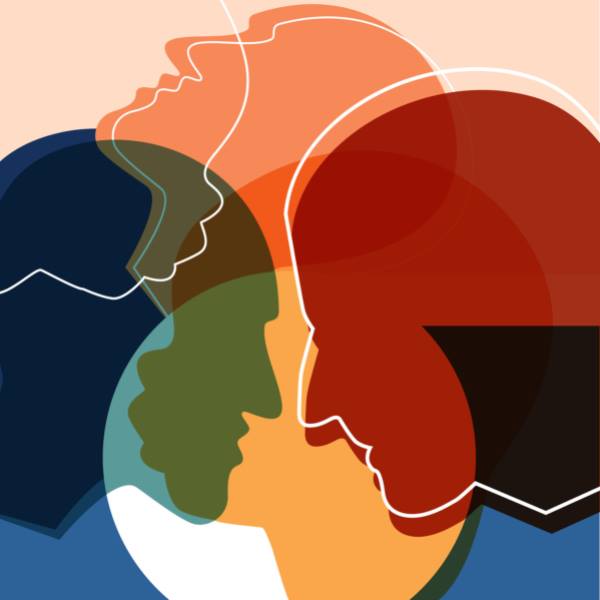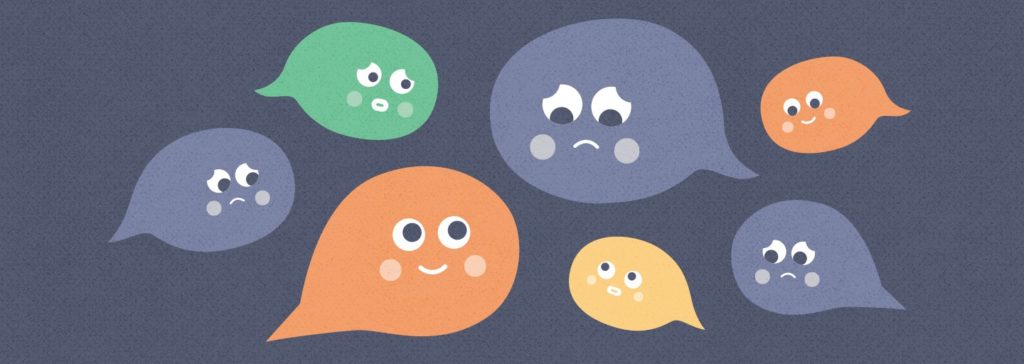
Family relationships can substantially affect the mental health of a child, whether it is their emotional or physical health. A student’s life in itself is very complex since their academics pose a lot of stress and tension to their mind already. Their families often happen to be their one constant source of happiness and when it appears to be in a fragile state, it can have both long and short-term effects on their mental health. There is no such thing as a relationship entirely free from conflict and disagreement, and surely all children encounter some sort of family dispute at one time or another.
When parents communicate with each other calmly even during a disagreement and solve their problem with a positive approach, they show their children through their subsequent interactions that the conflict has been resolved in a healthy manner. This helps minimize the negative effects on a child’s mind. A small body of research suggests they may even learn conflict-resolution skills from such situations, which they can further apply to their relationships down the road. Parental conflict is harmful to kids, especially, when it is frequent. Heated and hostile interactions, involving verbal insults and raised voices may pose serious threats to a child’s emotional well-being. Furthermore, when parents become physically aggressive and deliberately withdraw from an argument to give each other the “silent treatment”, the conflict begins to threaten the intactness of the family.

From a very early age—as young as six months old, some researchers say that children show distress when their parents quarrel. Their reactions include fear, anger, anxiety, and sadness, and they attain a higher risk of experiencing a variety of health issues such as disturbed sleep, and difficulty in focusing and succeeding in school. They may externalize their distress in the form of aggression, hostility, anti-social, and non-compliant behavior eventually adding up to delinquency and vandalism. On the other hand, they may also internalize it in the form of depression, anxiety, withdrawal, and dysphoria. Besides, children from high-conflict homes are more likely to have poor interpersonal skills, problem-solving abilities, and social competence.
All these begin to negatively impact their romantic relationships in adolescence and adulthood, as conflicts cause children to perceive themselves and their social worlds more negatively and to have more dissenting pictures or internal representations of family relationships. Thus, the high-conflict relationship of one couple can produce other toxic relationships in the coming generations.

The conflict between parents harms kids due to a spillover effect: parents in high-conflict relationships tend to engage in more criticism, aggression alongside making threats, shouting, and going as far as physically abusing their children. High-conflict relationships can also produce lax and inconsistent parenting: parents who simply don’t pay much attention to their children. In either case, children may fail to form a secure attachment to parents which may further contribute to their social nature, often producing socially anxious and introvert individuals.
Aside from this, researchers have proposed a variety of frameworks and mechanisms that may explain this process. To give one example, in the struggle to understand their parents’ conflicts, children may tend to blame themselves or find harmful ways of coping up with their parents’ tendencies. Also, on top of their negative emotions, children experience physiological reactions that are closely related to stress and may even harm their brain development.
